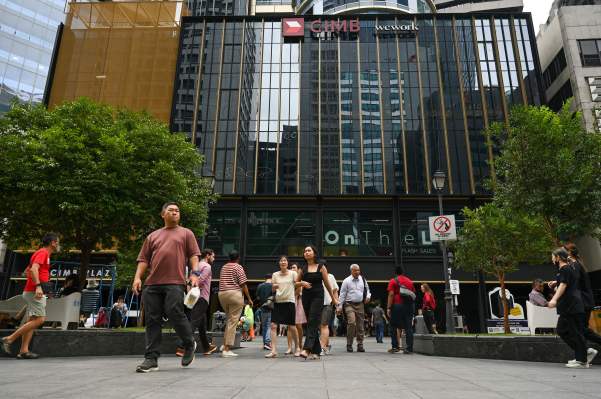Singapore may soon require retail investors to take a test and not use credit card payments and other forms of borrowing for trading cryptocurrencies, the central bank proposed on Wednesday in a series of stringent measures as the island nation looks to make citizens aware of the risks surrounding volatile assets.
The Monetary Authority of Singapore said in a set of consultation papers that it’s worried that many retail customers may “not have sufficient knowledge of the risks of trading” digital payment tokens, which may lead them “to take on higher risks than they would otherwise have been willing, or are able, to bear.”
The central bank also proposed that crypto firms licensed under the nation’s Payments Services Act should not be allowed to lend to retail investors in a move that could topple many firms’ businesses.
While “this latter option is stricter than the regulatory treatment of retail customers’ securities under the SFA38,” the central bank acknowledged, “MAS is of the view that the heightened risk of consumer harm in this unregulated space may necessitate stricter measures for retail customers.”
Several popular crypto exchanges already require their customers to periodically sift through questionnaires before they are allowed to trade crypto and participate in derivatives trading. The central bank acknowledged [PDF] that a number of industry players are supportive of some form of assessment on the retail customer’s knowledge of risks, but said they should also disclose whenever they have a financial interest in the tokens they offer to customers.
The new guidelines, which are open to public consultation until December 21, also proposes that crypto service providers should not use incentives such as giving away free tokens or other gifts to court retail customers. It also proposed banning celebrity endorsements.
Stablecoin
The central bank has also proposed that stablecoin issuers make adequate disclosures about their tokens and hold reserve assets in cash, cash equivalent or debt securities that are “at least equivalent to 100% of the par value of the outstanding” tokens in circulation “at all times.”
The debt securities, the proposal says, should be issued by the central bank of the pegged currency or organizations that are both a governmental and international character with a credit rating of at least AA—.
“SCS [single-currency pegged stablecoins] issuers must obtain independent attestation, such as by external audit firms, that the reserve assets meet the above requirements on a monthly basis. This attestation, including the percentage value of the reserve assets in excess of the par value of outstanding SCS in circulation, must be published on the issuer’s website and submitted to MAS by the end of the following month (for the month being attested),” the proposal says [PDF], adding that issuers also must appoint an external auditor to conduct an annual audit of its reserve assets and submit the report to MAS.
The proposal marks a major shift in Singapore’s stance on crypto. Once a preferred global crypto hub for its policies, Singapore authorities have toughen their views of digital assets following the collapse of a series of firms including Terraform Labs’ stablecoin UST and native token LUNA, and hedge fund Three Arrows Capital.
“The collapse of a number of cryptocurrency trading platforms, where a few had conducted staking or lending activities, had led to significant consumer harm,” the central bank said.
